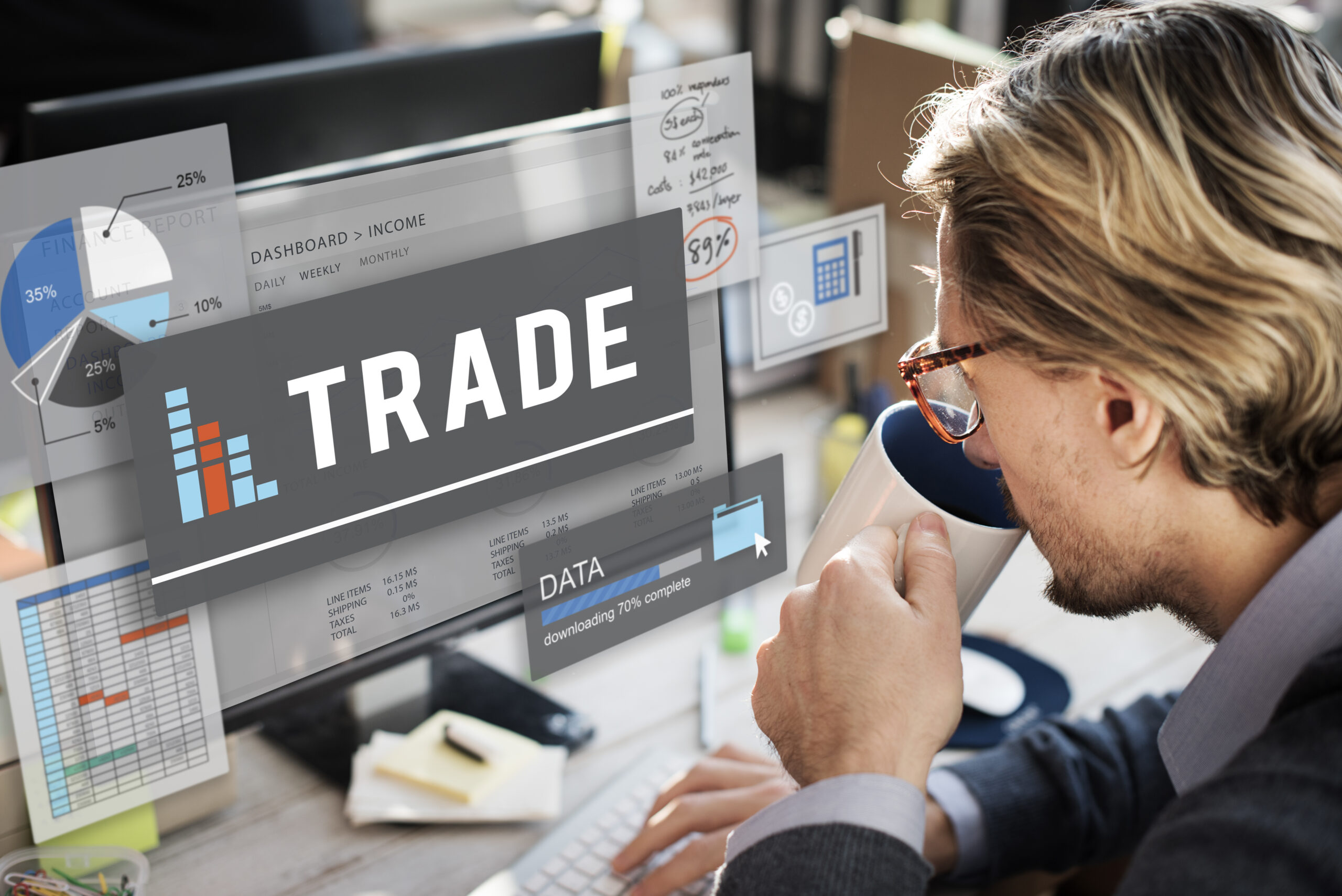Commodity trading means buying and selling things like gold, silver, oil, or crops to make a profit. It has always been an important part of the financial world. Now in 2025, with the help of technology and easy-to-use apps, more people are getting interested in it.
You don’t need to be an expert to get started—but it’s important to understand how it works. Prices can go up and down quickly, so there’s some risk involved. That’s why beginners should learn the basics first, start with small amounts, and trade carefully. With the right knowledge, commodity trading can be a smart way to invest and grow your money.
What Is Commodity Trading?
Commodity trading means buying and selling basic goods like oil, gold, wheat, or coffee. These goods fall into two main types:
Hard Commodities: Natural things like oil, gold, and silver.
Soft Commodities: Farm products like wheat, cotton, and coffee.
Instead of buying the actual items, traders usually buy and sell contracts based on the prices of these commodities. These contracts are known as futures and options. This method allows people to make profits from price changes without physically handling the goods.
Commodity trading helps keep prices stable, supports industries, and provides investors a way to grow their money. It’s been around for centuries but is now much easier to access with mobile apps and online platforms.
How Does Commodity Trading Work?
Commodity trading mostly happens through “futures contracts.” A futures contract is a deal to buy or sell a commodity at a fixed price on a future date. Traders use these contracts either to protect themselves from price changes or to make a profit by guessing how prices will move.
Example: If you think oil prices will go up, you can buy a contract today and sell it later when the price increases.
You can trade commodities online through platforms linked to major exchanges like the MCX (India) or CME (USA). Some platforms also offer real-time charts, market updates, and risk management tools.
Types of Commodity Markets
Spot Market: The actual product is bought and delivered right away.
Futures Market: People trade contracts for buying/selling later.
Options Market: You pay for the choice to buy/sell a commodity at a set price before a certain time.
Many traders prefer the futures and options markets because they can trade without storing the goods. These markets also allow people to protect themselves from price risks.
Rules and Regulations
To keep trading safe and fair, every country has its own rules. For example:
India: Regulated by SEBI
USA: Regulated by CFTC
Before you start:
Use licensed brokers: Only trade on safe, trusted platforms.
Know the tax rules: Understand how your profits will be taxed.
Read the terms: Learn how contracts work and what your rights are.
Staying informed helps you avoid fraud and follow the law.
Conclusion
Commodity trading is not dangerous if you are careful and informed. Learn the basics, take your time, and always manage your risk. Beginners should start slow and stay calm while learning to trade. With smart decisions and steady learning, commodity trading can become a valuable part of your financial future.




